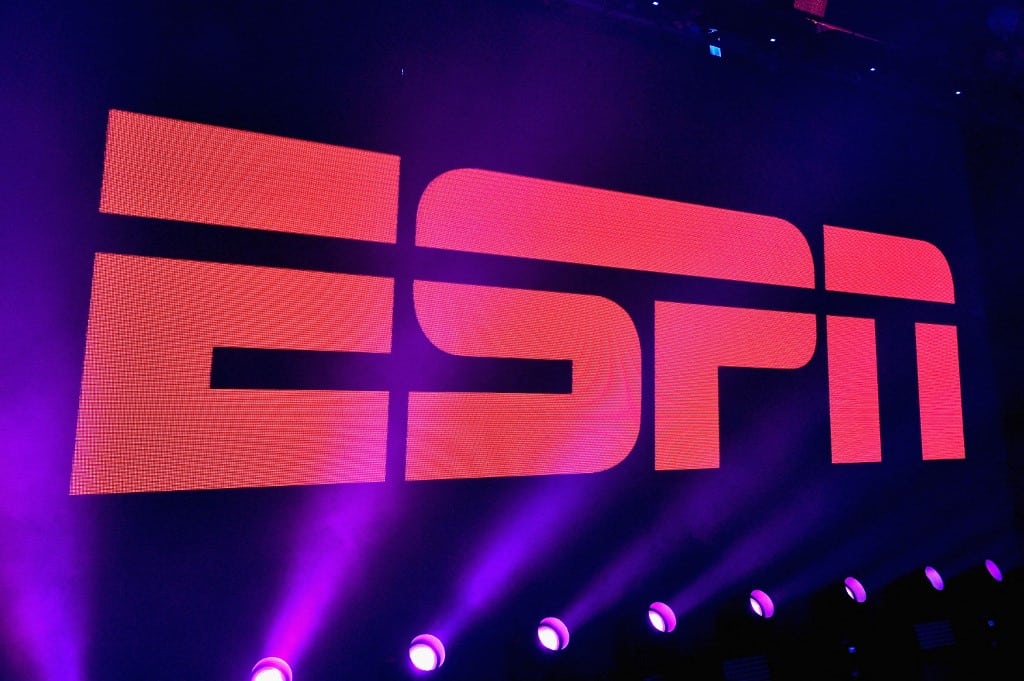
Penn Entertainment has reduced the number of board seats up for election from three to two, ahead of its June 17, 2025, shareholders’ meeting, which didn’t sit well with one of its shareholders.
Management Malfeasance
Investment firm HG Vora owns a 4.8% stake in Penn Entertainment, and its plummeting stock price has caused the founder of the firm, Parag Vora, to be an outspoken critic of its poor management decisions and struggling mobile sports betting entry, ESPN Bet.
In fact, Vora has become so disenchanted with the direction of Penn Entertainment that his company has nominated three gaming industry veterans to take their seats on the board. Pinnacle Entertainment CFO Carlos Ruisanchez, former SuperBet Group CEO Johnny Hartnett, and former Penn CFO William J. Clifford have all been sponsored by Vora and tasked with righting what he sees as a sinking ship.
Penn’s Response and Legal Backlash
However, things took an even nastier turn for the worse when Penn announced it was decreasing the number of available board seats from three to two, thereby minimizing any influence that the new board members, hostile to the present management structure, would present.
But for every action there is a reaction, and the reduction in board seats caused HG Vora to file a lawsuit against the company, citing breach of federal security laws and fiduciary responsibilities while also violating Pennsylvania’s Business Corporation Law.
“There have been no repercussions for the Board’s persistent bad judgment and disappointing shareholder returns,” HG Vora wrote. “Change is urgently needed to address these failings.”
Penn Sees Better Times Ahead
Penn Entertainment had been known for being a thriving land-based casino operator, and its stock price was a robust $142 in April 2021. However, the shift to enter the mobile sports betting market has been its undoing, as evidenced by its most recent stock price of $15.64 at the time of this writing.
A series of poor decisions and impetuous acquisitions by CEO Jay Snowden have caused shareholders to lose faith and Penn’s stock to lose value. The initial foray into the world of mobile sports betting came when Penn paid $550 million for the bro-cultured Barstool Sports brand.
ESPN Bet Comes Along
Barstool was a media powerhouse among young adult males, an ideal sports betting demographic, and the conventional wisdom was that its name would resonate in the mobile sports betting arena; thus, the Barstool Sportsbook was born.
However, as the final stage of that sale was wrapped up in February 2023, a shinier object became available, and Snowden had to have it. ESPN was willing to lease its name to the highest bidder, and Snowden came calling. The one caveat was that Penn had to divest itself completely from the controversial Barstool brand.
Only six months after completing the sale of Barstool, Penn Entertainment dissolved the sportsbook and sold back the media empire to the founder, Dave Portnoy, for $1 and the promise that Penn would receive 50% of any future sale of the brand. Portnoy has vowed never to sell.
Penn then decided to lease the initials ESPN and gain access to the sports media giant’s digital platforms for what would become ESPN Bet. Despite the name brand recognition, ESPN Bet has captured only 3% of the national market, not much more than they had with Barstool Sportsbook, but with a staggering cost of $1.5 billion over 10 years.
Penn’s CEO Remains Optimistic
Despite all these missteps and miscalculations, Snowden sees better times ahead.
“The PENN Board and management team are committed to creating long-term value for all shareholders and will continue to take actions to achieve that objective. We regularly solicit feedback and engage with the investment community about our strategy, performance, and business priorities,” Snowden’s letter said.







